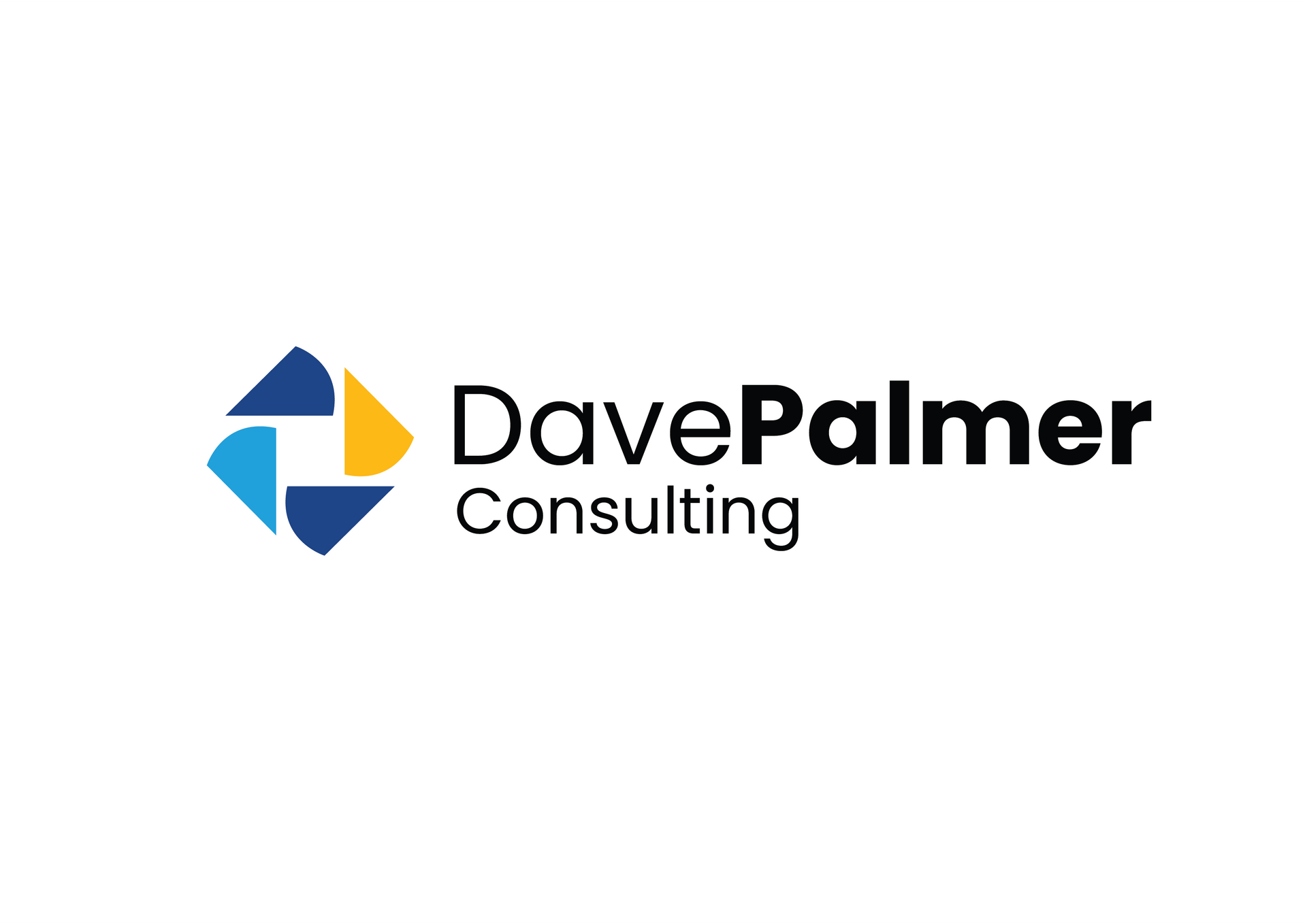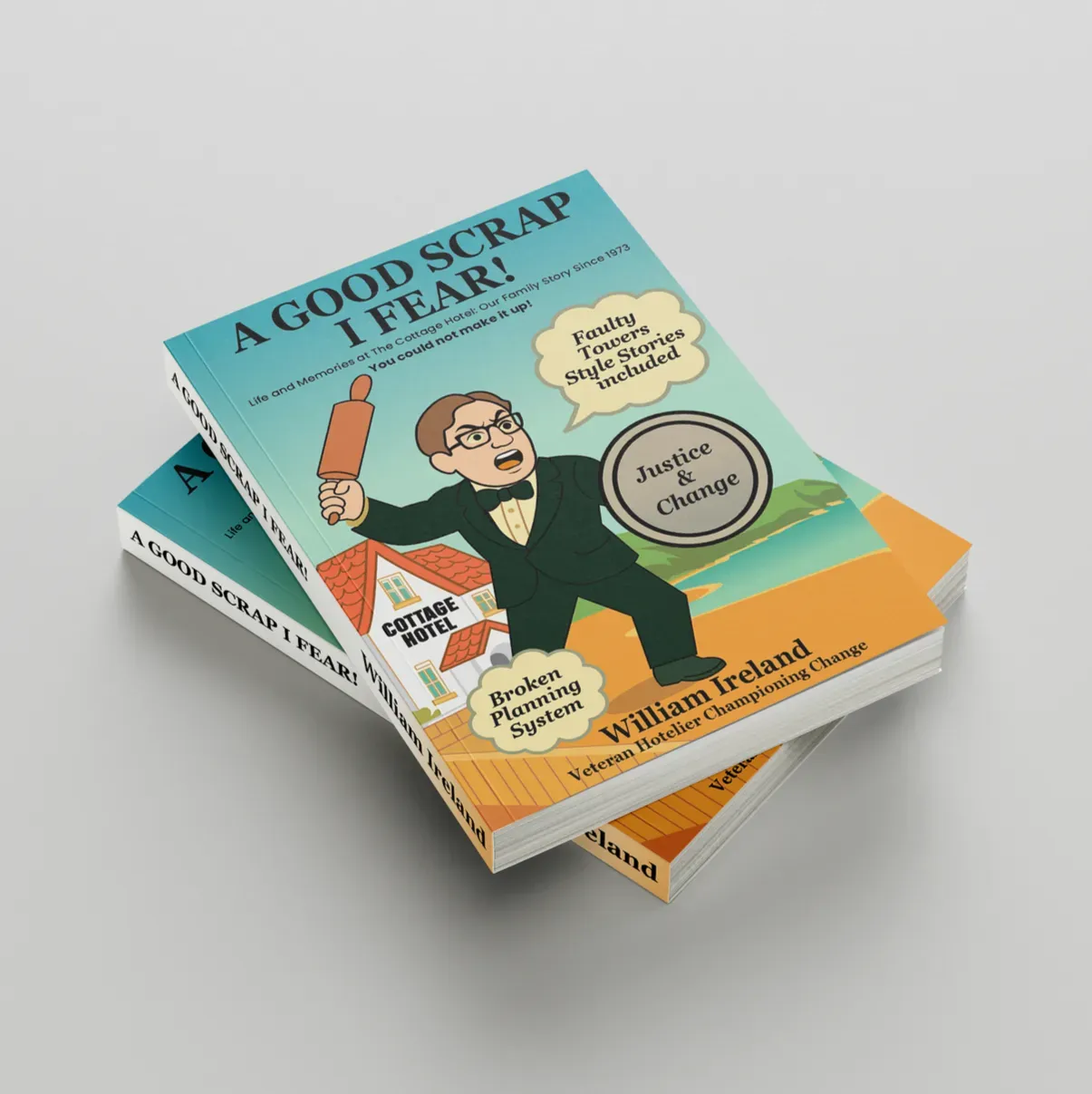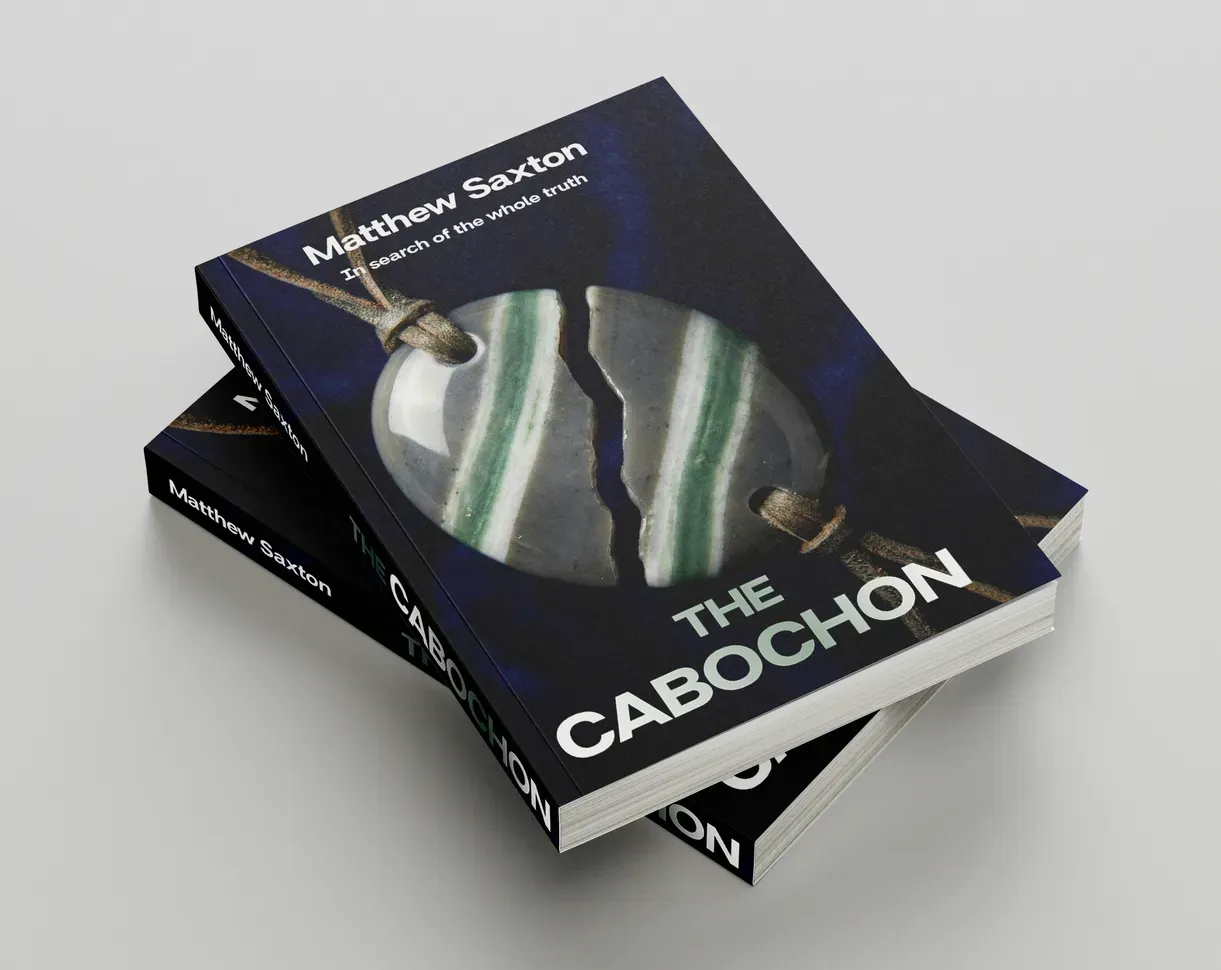Why ‘Too Good to Be True’ Publishing Deals Usually Are
When you’ve spent months — or even years — writing your book, the moment you start
exploring publishing options can feel both thrilling and overwhelming. In that excitement, it’s
tempting to believe the first company that promises everything you’ve been dreaming of:
bestseller status, global distribution, media coverage, and more.
But as the old saying goes: if it sounds too good to be true, it probably is.
Dave Palmer knows this lesson all too well. Before becoming a best-selling author and founding
Dave Palmer Consulting, he signed with a hybrid publisher who made dazzling promises —
the kind that seemed to answer all his hopes as a new author. The reality was far from what
he’d been sold.
This article explores why these “dream deals” are often anything but, and how to protect
yourself from costly disappointment.
The Anatomy of a ‘Too Good to Be True’ Offer
Predatory publishers know exactly how to press an author’s emotional buttons. They’ll use your
enthusiasm and inexperience to craft a deal that sounds perfect — but hides the pitfalls in the
fine print.
Here’s what’s often included:
● Grand promises with no accountability — “We’ll make your book a bestseller” without
a clear marketing plan or proof of past success.
● Exaggerated distribution claims — Listing your book as available through major
retailers is not the same as actually getting it stocked or promoted.
● Inflated marketing packages — Costly bundles that amount to little more than generic
social media posts or a single press release.
● Pressure to sign quickly — Limited-time offers designed to stop you from researching
alternatives.
Dave’s Story: A Cautionary Example
When Dave received his publishing proposal, it ticked every emotional box: professional editing,
a beautifully designed cover, guaranteed distribution, and a “custom marketing plan” to get his
book noticed.
It wasn’t cheap — but he was told that this was an investment in his career, a necessary step to
stand alongside the “big names” in his genre.
Once he signed and paid:
● The editing was rushed and missed important developmental issues.
● The cover was generic and poorly suited to his audience.
● The marketing turned out to be vague, unmeasurable, and ineffective.
The dazzling promises quickly dissolved into frustration. The “too good to be true” deal had, in
fact, been exactly that.
Why These Deals Rarely Deliver
1. They Rely on Hype, Not Substance
Companies making bold guarantees often lack the resources — or intent — to follow
through. Their profit comes from signing authors, not selling books.
2. The Costs Outweigh the Value
High-priced packages are often padded with services you don’t need, at rates far above
market value.
3. They Use Your Inexperience Against You
First-time authors may not know what’s realistic in the publishing world, making them
more vulnerable to unrealistic promises.
4. Marketing is the Weakest Link
While editing and design can be delivered (even if poorly), marketing is harder to prove
— making it easy for scammers to hide a lack of real results.
Red Flags to Watch For
● “Guaranteed bestseller” claims.
● Unclear or missing timelines for deliverables.
● Refusal to give itemised pricing.
● Pressure to sign within days or hours.
● Vague marketing descriptions like “media outreach” or “brand building” with no specifics.
● No independent reviews or verified case studies.
How to Protect Yourself
Dave’s golden rule: If a company makes a promise, ask them to explain exactly
how they will deliver it — and ask for proof they’ve done it before.
Here’s how to safeguard your publishing journey:
● Research the company independently — Don’t rely solely on their testimonials.
● Get multiple quotes for the same services from independent professionals.
● Read the contract slowly — Watch for rights grabs or vague terms.
● Ask for specific marketing deliverables and examples of past campaigns.
● Don’t let excitement override caution — A genuine opportunity will survive a little
scrutiny.
The Dave Palmer Consulting Difference
At Dave Palmer Consulting, there are no unrealistic promises. Instead:
● You get clear, honest advice about what’s possible — and what isn’t.
● Every service is itemised and transparent, so you know exactly where your money
goes.
● Rights always remain yours, without exception.
● Marketing strategies are tailored, measurable, and realistic.
Dave’s own experience with a “too good to be true” deal inspired the opposite approach:
protecting authors, setting realistic expectations, and delivering work that genuinely meets
industry standards.
The publishing world is full of opportunity — but it’s also full of traps for the unwary. If a deal
promises more than seems possible, take a step back and look closer.
By asking the right questions and seeking advice from someone who’s been there, you can
avoid the heartbreak and expense of a false promise — and instead, move forward with
confidence.
If you want a publishing partner who will give you the truth from day one, Dave Palmer
Consulting is here to guide you every step of the way.
















